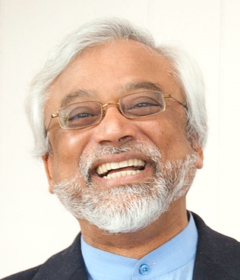“It was in the month of Ramadan that the Qur’an was revealed as a guidance for humankind.” (Qur’an 2:185)
“O God, favor upon favor have You bestowed upon this handful of dust.” (Sufi prayer of Gratitude)
Why do Muslims undergo the sacred practice of self-purification for an entire month, abstaining from food, drink and sex, from sunrise to sunset? Essentially, this is to express gratitude to God for the first verses of the Qur’an that were revealed to the Prophet in the month of Ramadan. . .



